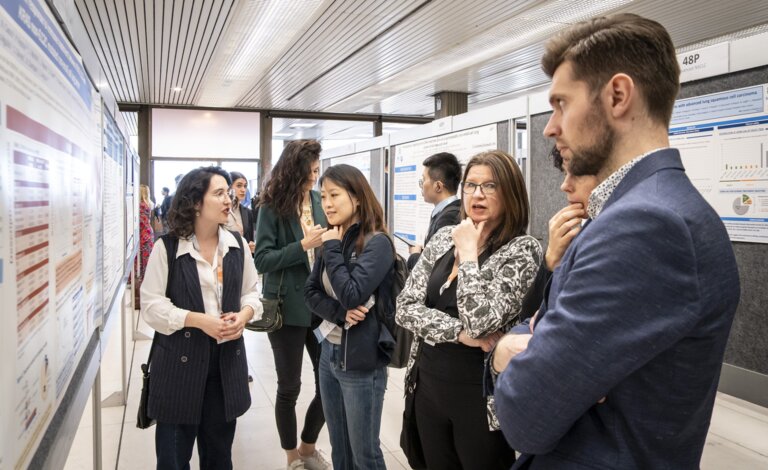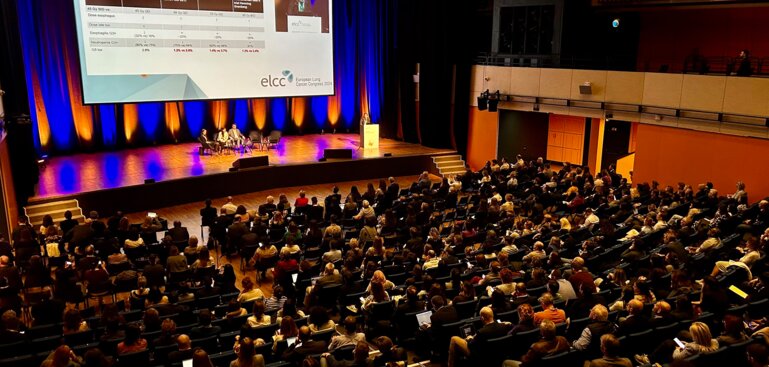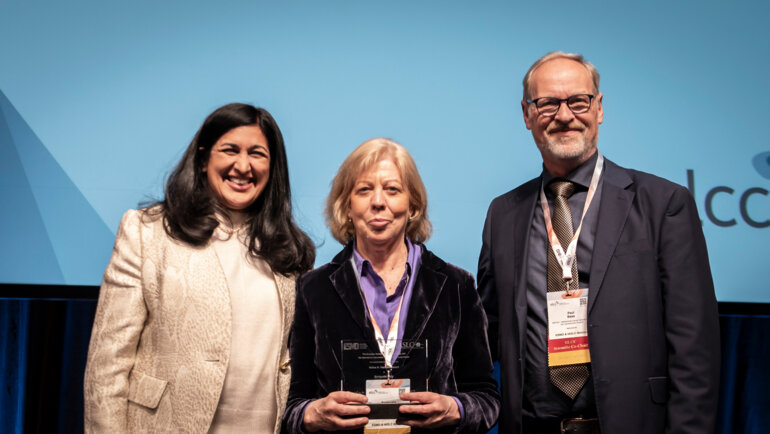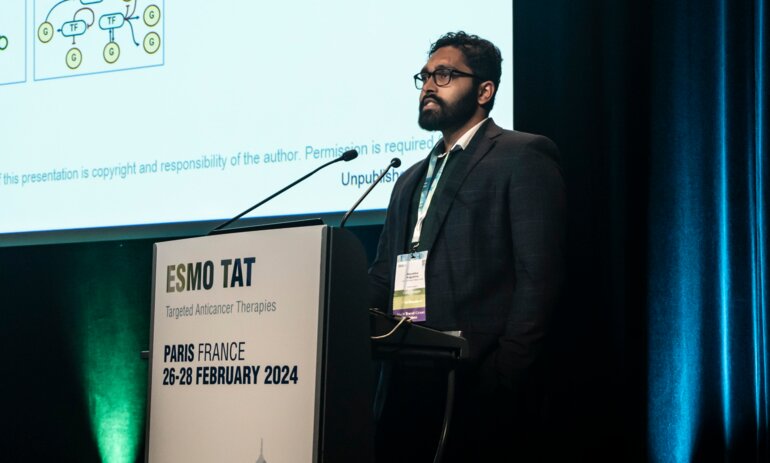
Treating colorectal cancer in the biomarker era – what's next?
In an interview, Prof. Julien Taieb comments on the major advances from colorectal cancer research which are driving the development of molecular-based therapies

In an interview, Prof. Julien Taieb comments on the major advances from colorectal cancer research which are driving the development of molecular-based therapies

In the last few years, study findings have changed clinical practice and offered new opportunities of care to many patients

Dietary regimens may alter the microbiome composition, increasing bacteria with a beneficial immunogenic effect

A study reports no significant survival benefits with the concurrent treatment with durvalumab in patients with unresectable stage III NSCLC

Two studies add further evidence of the advantages of this route for delivering immune checkpoint inhibitors for patients and healthcare sustainability

Precision oncology is evolving from advanced to early-stage NSCLC, highlights Prof. Enriqueta Felip in her Heine H. Hansen Award lecture at ELCC 2024

Studies investigate the discriminatory capacity of existing prognostic scales and the factors associated with survival to help select patients who may benefit from participation in early phase trials

A study proposes a model that is able to learn broad aspects of cancer–immune interactions from early phase trial data

Research is ongoing to revisit the classic neoantigen approach that may better interpret the complexity of the immune system

Encouraging EFS and OS results were presented at an ESMO Virtual Plenary for the use of the immune checkpoint inhibitor prior and after surgery
This site uses cookies. Some of these cookies are essential, while others help us improve your experience by providing insights into how the site is being used.
For more detailed information on the cookies we use, please check our Privacy Policy.
Necessary cookies enable core functionality. The website cannot function properly without these cookies, and you can only disable them by changing your browser preferences.